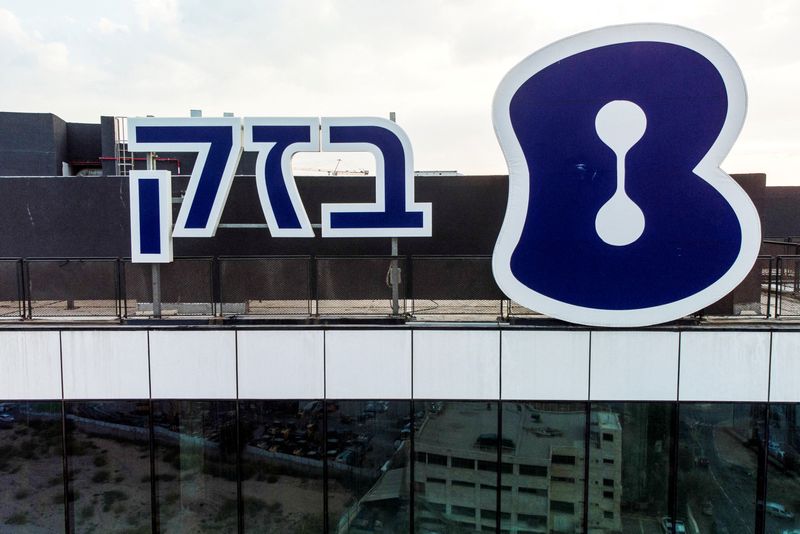Israel’s Bezeq Telecom raises 2025 profit amid regulatory shaekeup on fibre costs
By Steven Scheer
JERUSALEM (Reuters) -Bezeq Israel Telecom on Wednesday raised its 2025 profit outlook after Israel’s telecoms regulator announced plans to cut wholesale fibre optic costs and ease Bezeq’s obligation to provide internet services over fibre to key competitors.
Israel’s largest telecoms group revised its adjusted net profit estimate for 2025 to 1.45 billion shekels ($432 million), up from 1.32 billion shekels projected in May. It also increased its forecast for earnings before interest, taxes, depreciation, and amortisation (EBITDA) to 3.85 billion shekels from the previous guidance of 3.75 billion.
Bezeq said the increase stemmed from a higher valuation of its Internet and television unit Yes following a Tuesday announcement by the Communications Ministry aimed at reducing internet costs.
The company said the “significant accounting gain” for the fair value of Yes would be recognised in the third quarter of 2025.
Bezeq earned 1.27 billion shekels in 2024 and is expected to issue second-quarter earnings next week. The telecoms operator said it was on track to complete the rollout of its fibre-optic network, reaching 2.9 million homes this year, up from 2.7 million in May.
At that time, the company had 885,000 fibre subscribers and its chairman, Tomer Raved, told Reuters that Bezeq would soon reach 1 million.
The Communications Ministry plans to cut fibre Internet wholesale costs by more than 30% to boost competition and lower household internet prices, especially for fibre-based services.
While Bezeq will still be required to provide its network to rivals, including Partner Communications and Cellcom until 2027, in 2028, this obligation will largely end.
One exception is cable company Hot, owned by Altice, which has older infrastructure.
Elad Makdasi, the ministry’s director general, said the move would transform the telecoms market by incentivising independent infrastructure deployment and ensuring long-term competition “which will promote innovation, quality service, and attractive pricing for years to come.”
(Reporting by Steven Scheer, Editing by Louise Heavens)



Leave a Comment
Your email address will not be published. Required fields are marked *